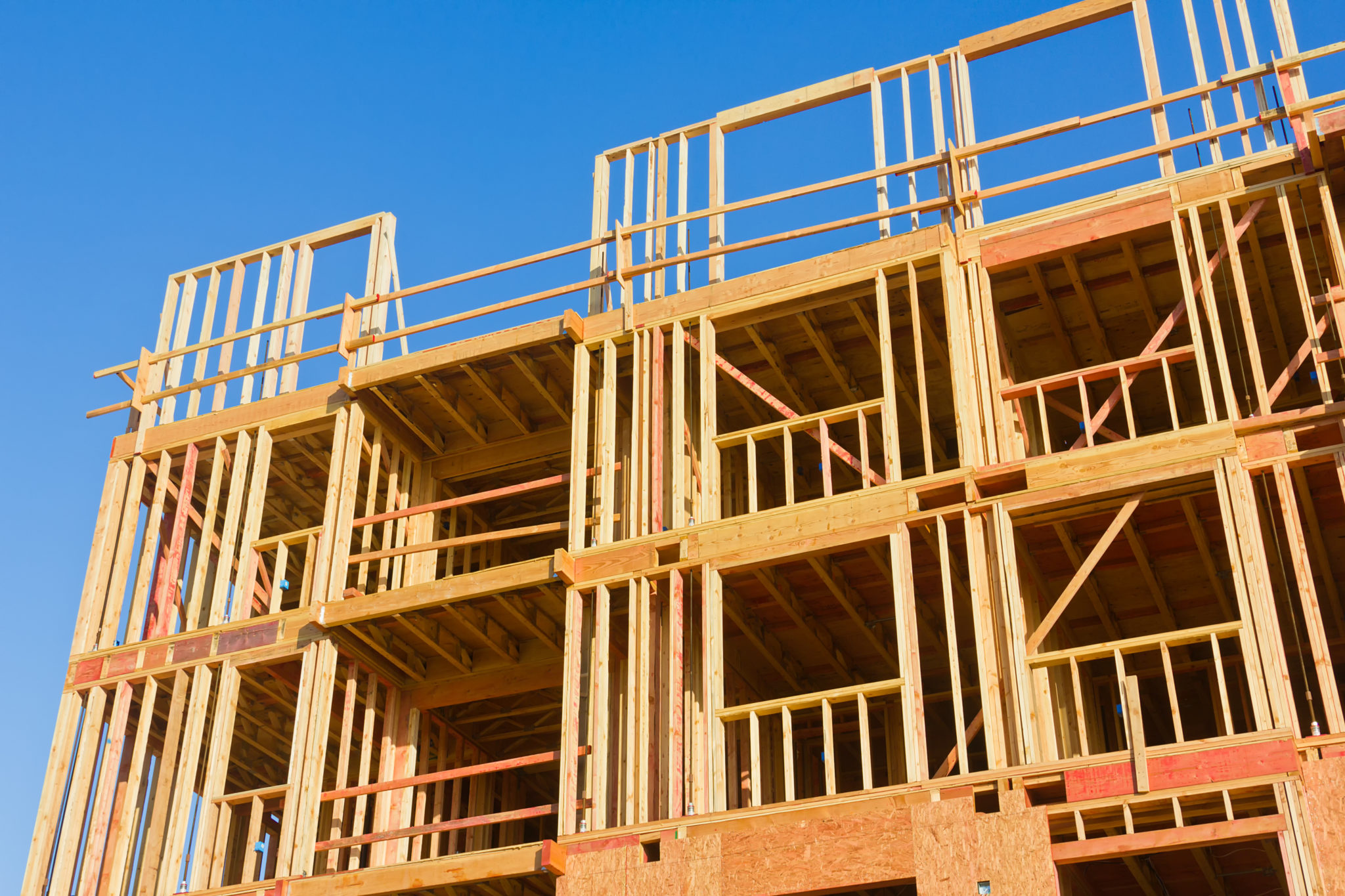HMRC publishes call for evidence on simplifying the VAT land exemption
Published on 17th June 2021
Proposals for simplification could mean a radical overhaul of the VAT exemption for land and property and those impacted by the changes should engage with HMRC.

In March's Budget 2021, the chancellor announced that HMRC would look again at simplifying the value-added tax (VAT) rules for land and property. The Office of Tax Simplification (OTS) conducted a VAT review in 2017, which included recommendations for the simplification of the VAT treatment of land and property that were not taken forward. The issue has, however, come back to the table – no doubt, driven by the government's ability, having left the EU, to extend or reduce unilaterally the scope of the VAT exemption.
On 12 May 2021, HMRC published a call for evidence, which closes on 3 August 2021. The call for evidence is split into two parts: the first part looks at the increasing complexity of the VAT land and property rules and the factors driving the need for simplification; and the second part discusses possible solutions and includes the options for simplification previously identified (but ultimately rejected) by the OTS in 2017.
In broad terms, transactions in land are exempt from VAT, subject to a number of specific exceptions. This once relatively simple rule (which originally included just four exceptions to the exemption) has increased in complexity over the years and now contains 15 exceptions and 26 sets of notes. Further complexity also arises in determining what constitutes an exempt supply of land or a taxable supply of facilities. In addition, the "option to tax", which enables a taxpayer to waive the exemption and opt to tax the land or property, can be complicated, administratively burdensome and unclear (as there is no central facility for a buyer to check whether a property they are purchasing has been opted to tax by the seller).
In trying to address the question of simplification, HMRC sets out a wide range of possible solutions in the call for evidence, whilst also stressing that it welcomes any other options or suggestions of how the rules could be simplified.
The options for simplification include the following (the first three having been identified as options in the OTS simplification review in 2017):
- Removing the ability to opt and making all relevant transactions exempt.
- Removing the option to tax and making all land and property taxable at a reduced rate.
- Making all commercial land and property taxable at the standard rate with an option to exempt.
- Defining short-term or minor interests as subject to VAT.
- Making most supplies subject to VAT but exempting specific supplies (such as residential accommodation and charitable buildings).
- Linking VAT liability to the Land Registry
Osborne Clarke comment
The options are wide ranging, with seemingly all options being considered. Given the impact that the proposed changes may bring, it is important that developers and occupiers in the real estate sector engage with this call for evidence. For example, removing the ability to opt and making all relevant transactions exempt (the first option) would simplify the rules significantly but would cause big issues for property construction projects as construction services would still be standard rated - leading the developer to fund the irrecoverable VAT. Similarly, it could also have a big impact on residential developers if the exemption included new domestic dwellings (which currently benefit from being zero-rated) – although this would seem at odds with the government's strategy to "build, build, build".
The proposal to link the VAT liability to the Land Registry would provide greater certainty of the VAT liability of land transactions, by reference to an independent and publicly accessible record, but it does not address what would happen in respect of unregistered land or interests that cannot be registered.
While it is not certain that the call for evidence will lead to any changes to the VAT rules that apply to land and property, it is clear that simplification is desirable – and we would urge those potentially affected to respond to the call for evidence. (We will also be submitting a response and so please get in touch with one of the contacts below if you would like to discuss, or input into, our submission).





